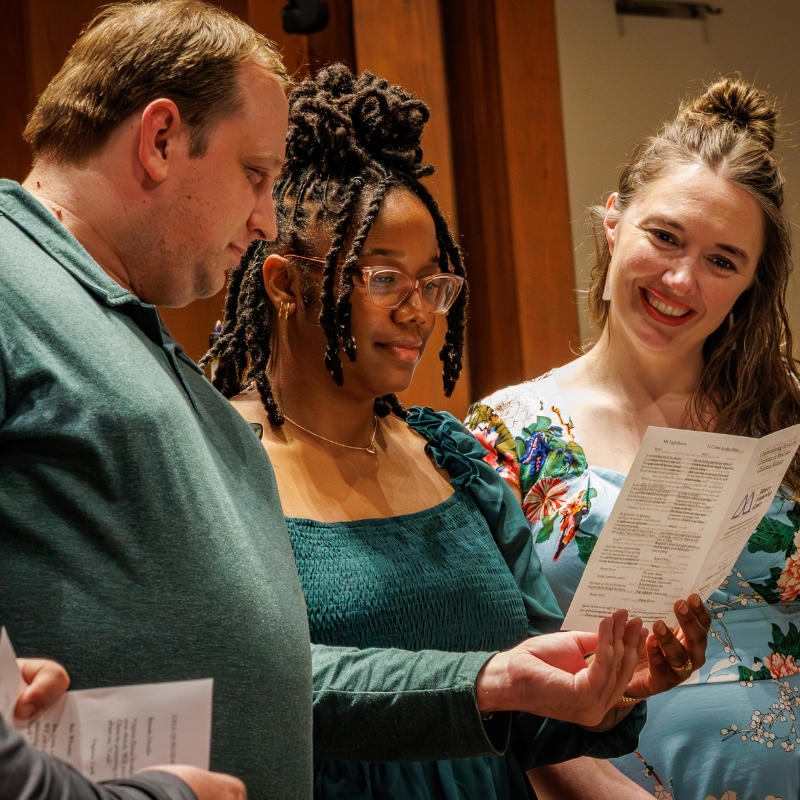
Discussion groups can serve as a tool for education and theological reflection, but managing different personality types in small groups can be difficult. There are a variety of personalities which play out in different ways as you seek to facilitate healthy discussions. Let’s look at several common personalities and how to help them participate in a small group discussion.
Leaders often have a love-hate relationship with this type of student. They love the fact that this student is quick to answer questions and participate. They also hate the fact that the student typically wants to speak first, dominates the conversation, and doesn’t seem to notice that they’re hindering others’ opportunity to participate.
Learning to help “The Talker” participate well is key. Here are some ideas for how to manage talkers:
These students are much quieter than the other youth and usually more shy. They are often introverts and internal processors. Although they do not say as much, they are often thinking a great deal about what is being said. They need time to process before speaking.
Some ways you can help “The Quiet Kid” participate are:
They fidget. They wiggle. They have trouble focusing. In the process, they distract you and everyone else. Your goal is to engage this student in the group discussion and by doing so, allow others to engage as well. Here’s how:
These students do not want to talk about the topic at hand. They not only want to distract others, but to take the conversation in a different direction. They ask questions that do not seem to have anything to do with the lesson.
Here are some ways to engage derailers and stay on-topic:
This student has likely attended church for a while, possibly also a Christian school, and gives off an air of having already learned everything you have to offer. These students can be the most difficult, because they don’t engage if they feel they already know the answers.
Here are some strategies that can help:
This student challenges every point you and others try to make. Challenging can be helpful when it pushes the group to examine its answers, but challengers can also threaten others’ willingness to share.
Here are some tips for how to manage these students:
Managing the various personalities that emerge in small group discussions is a challenge, but it’s also an opportunity to foster a more engaging environment. By understanding the unique traits of your students, you can tailor your approach to ensure everyone has a chance to contribute meaningfully.
About the Author: Rev. Dietrich “Deech” Kirk has been in youth ministry for 25+ years. He served as the youth minister of Brentwood United Methodist Church for six years before becoming the Executive Director of the CYMT in 2006. He has a Master of Art in Religion from Memphis Theological Seminary.


Subscribe to receive a monthly roundup of fresh insights and free tools for senior ministry leaders.